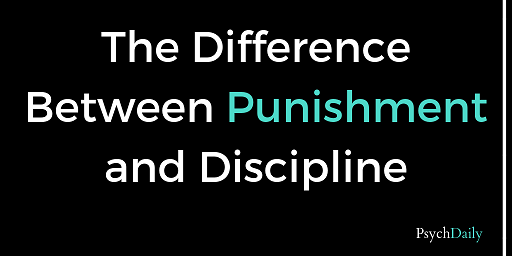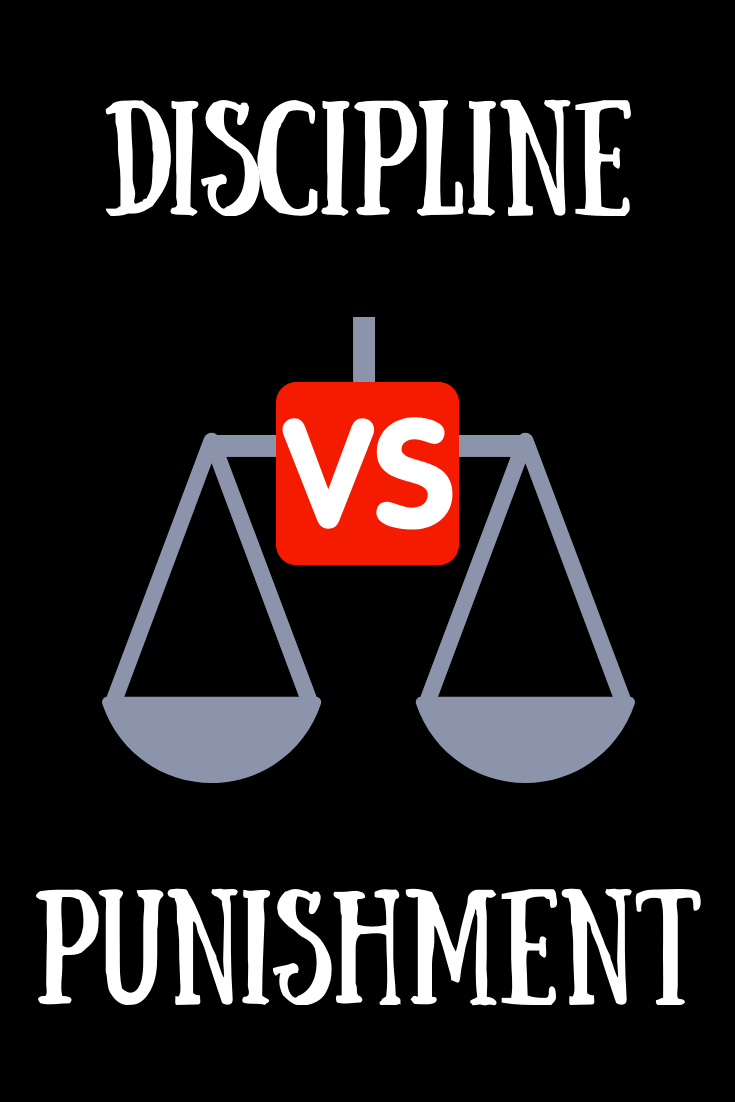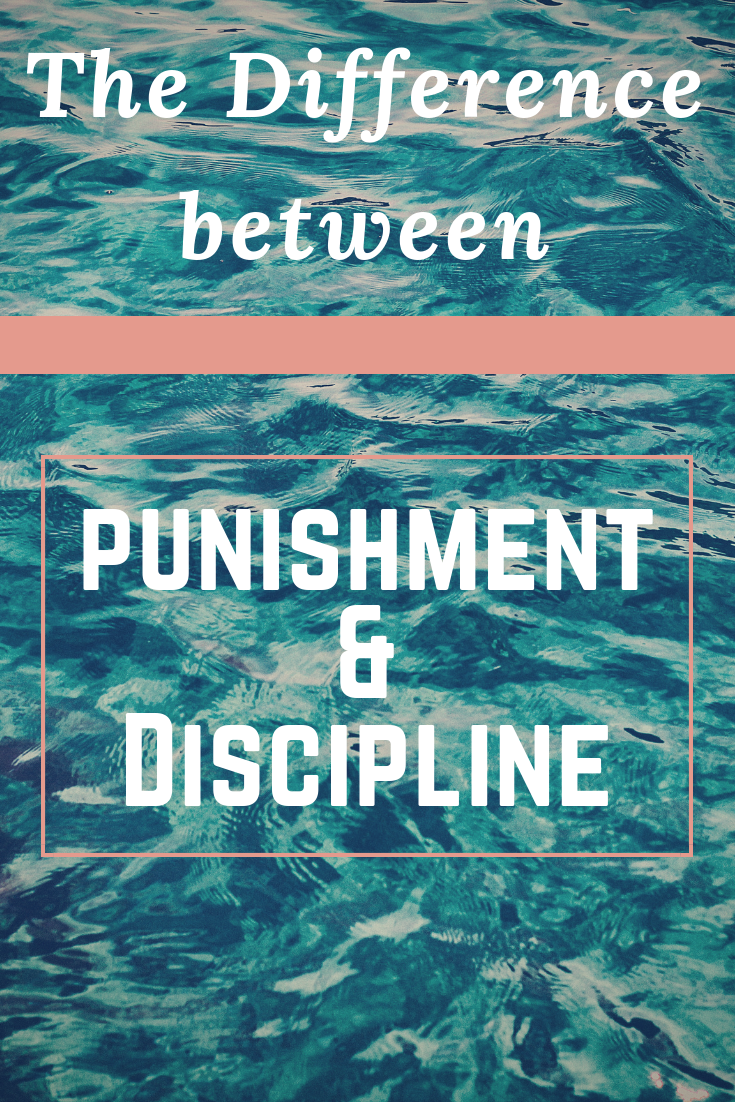The Difference between Punishment and Discipline

Just recently I read a post from Mother.ly about The One Thing to Always Say When Disciplining Your Child. (Spoiler alert, it’s “Next time you’ll remember.”) There are a lot of blogs and articles saying, This one phrase changed everything, or The simple trick that obliterated toddler drama, but the topic of disciplining children really needs a series of manuals on how to address the enormous, haphazard, chaotic, and diverse experiences faced in parenthood.
Is this a magic script to perfect parenting? No. You’re going to mess up. Your kids are going to mess up. Parenting (and life) is about improvement, not perfection.
Defining Discipline
Let’s begin with what it means to discipline your child. This word is often used interchangeably with punishment, but you can have discipline without punishment. The word discipline derives from the Latin word disciplina, meaning instruction given, teaching, learning, knowledge. Punishment is imposing a negative penalty with the intent to decrease bad behavior. It is purposefully trying to make your child suffer for their actions. Unfortunately, punishment has a mountain of unwanted side effects or is downright ineffective as described here.

Discipline Can be Accomplished Without Punishment
Teaching our children is the goal that should always be at the forefront of our minds when you address misbehavior. Disobedience gives insight as to which skills they’re missing and provides us with opportunities to instruct. It’s important to understand why the child is acting the way he is, so you can decide how best to teach the lesson that’s needed. There will be plenty of tips from me on how to teach that lesson, but ultimately, each scenario is going to take some insight from you and what you deem to be the best fit considering the personality of your child.


Chase the Why
When you dig a bit deeper into why the misbehavior is occurring, you can better tailor the lesson. For example, perhaps your four-year-old has taken another child’s toy. You might assume this indicates your child needs to learn perspective-taking and empathy. However, it might be that your child stole the toy in reaction to the unkind behavior of another child. In this case, it might mean your child needs to learn how to better communicate his feelings and needs to his peers to resolve conflict. In both cases, the child stole the toy, but the reason behind stealing the toy can give you information on how to address the skill that your child needs help bwith. In this example, the needs were different.
It is vital to strive to understand the skills they lack, whether it be empathy, a sense of danger, respecting property, etc. This takes time. This takes thinking through how best to adapt your response to the needs of your child. You will notice throughout my writing, I never advocate for time out, grounding, spanking, etc. These quick go-to responses do not address the specific area your child lacks. Strive to be a proactive parent rather than reactive.



